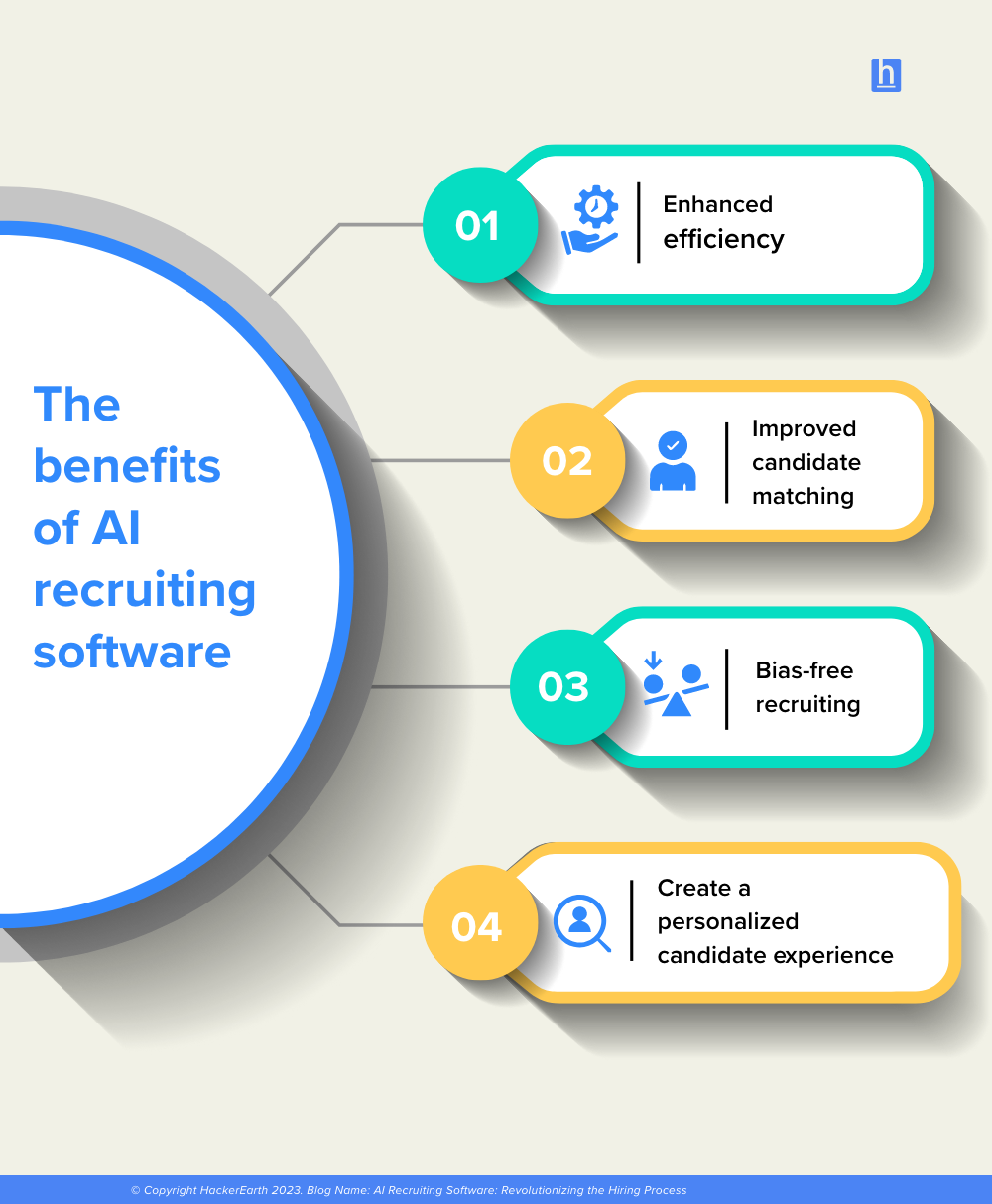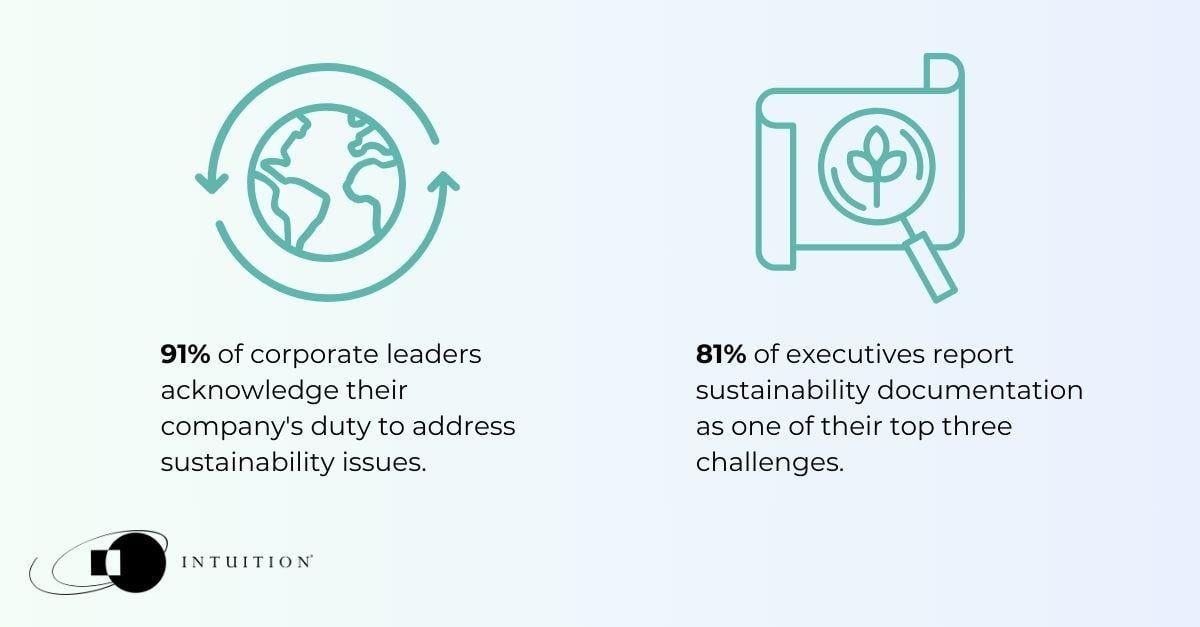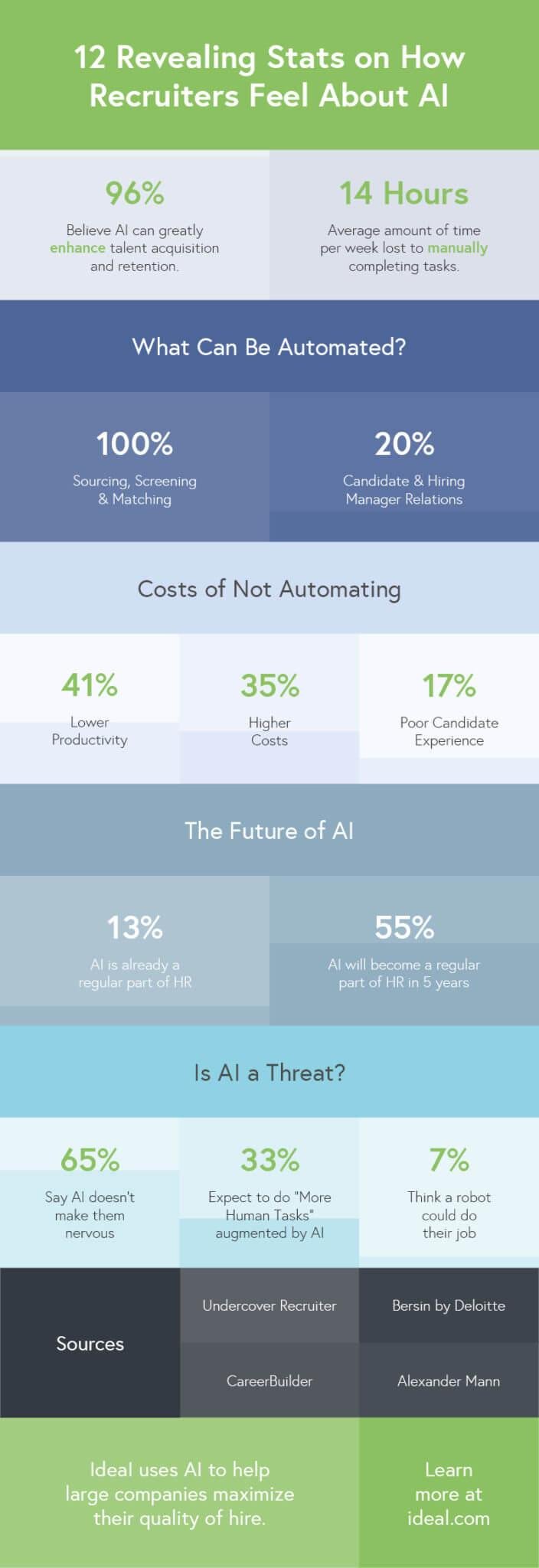Have you ever missed giving feedback to a candidate after they have gone through the whole interview process? If you are a hiring manager or a recruiter, surely this has been the case.
While It's almost impossible to follow-up with all candidates you interact with, you should strive to do the utmost to provide the best possible feedback. Specially to those with whom you've had a few calls and several email exchanges. Do not ghost them. They are part of your network, so you should take care of them all the way, for good and bad.
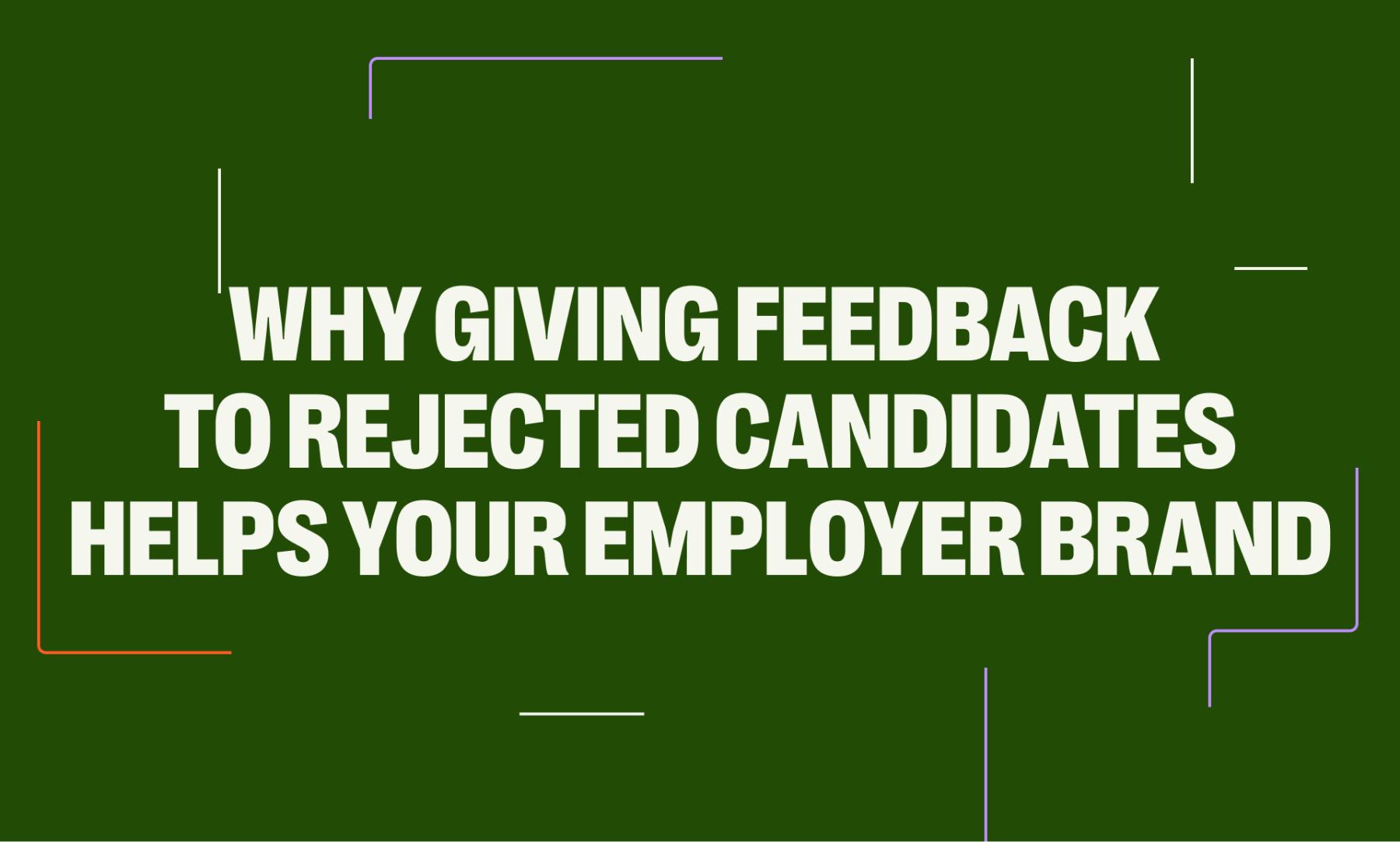
Candidate experience is dangerously underrated in today's job market: Theorg
Why is feedback important (when someone is rejected after a job interview)
Feedback isn't just about helping the candidate; it reflects a company's professionalism and commitment to guiding principles. By sharing constructive feedback, companies can significantly impact their employer brand and contribute to an atmosphere of respect and honesty in the industry.
Above all, feedback is an important tool for the candidate's growth. If you are a hiring manager who has decided not to proceed with a candidate, you must have your reasons. These reasons should be communicated to the candidate to the best of your ability. This crucial information can help them learn how to better navigate job interviews in the future. They can also use the feedback—provided they agree with it—to improve certain areas of their skill set.
Sometimes hiring managers and recruiters decide not to provide feedback because it’s not always an easy conversation. Additionally, hiring managers and recruiters are often short on time. Their jobs are extremely forward-looking, so spending time on providing thoughtful feedback to a rejected candidate tends to fall low on their to-do lists and usually never makes it back to the top.
Types of feedback:
When providing feedback, it's always good to give it quickly after you know the candidate is not going to move forward with the process. In this case, choosing your words carefully will go a long way in smoothing the situation. It will also save you from uncomfortable situations if you accidentally say something potentially offensive. At the same time, you want to provide feedback that's the last word on the topic at hand.
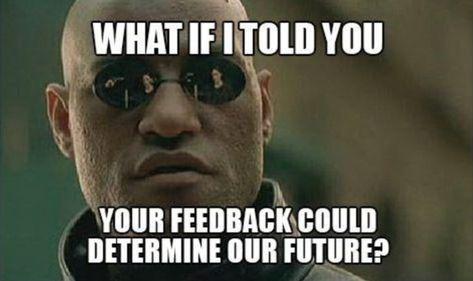
The stakes are not usually that high, but consider offering feedback just in case. Source: Hotcore.
It is important to note that once a company has made a decision on a candidate, it almost never reverses course. Candidates should understand, by the tone and articulation of your feedback, that this is a definitive decision and that they are no longer being considered.
If your message is too candid, you might give the impression that they still have an opportunity if they change something. The last thing you want is for the candidate to feel they are still in the mix, as this can lead to a back-and-forth where you will end up looking bad in the eyes of the candidate for giving them false hope.
Candidate is strong but not as strong as other candidates
This might be the most common situation that candidates face, rejections because there was a stronger candidate. The feedback tends to be, "I'm sorry, but they picked another candidate. We will definitely keep in touch with you." Although this is at least something, we are still not helping the candidate understand why they weren't picked. You should go into as much detail as possible, and that means that if the decision wasn't yours, you'll need to ask the hiring manager for the reasons why the candidate was not picked.
Let's use an example:
You can start with a pretty generic intro: "Hi Jane, I hope you are well. I’m emailing you regarding the job process for the Digital Marketing role at X. Unfortunately, we won't be moving forward with your candidacy." Give the bad news right away, then highlight the good things about the candidate: "We loved your presentation and the way you articulate ideas. The team was very impressed with what you achieved with the Social Media strategy at Company X."
Now get into the specifics as much as possible as to why she wasn't picked: "The team thought, however, that some key skills are not yet at the level required for this job, such as PPC experience or CRM experience." Now, you can start closing in the softest possible way: "That is why the decision was made for another candidate whom the team thought had the right amount of experience in all these areas."
Always leave an open door: "I know this might not be the email you were waiting for, but I’m hoping that you can take some positives from this process, and if that’s okay with you, I would like to keep you in our database for future opportunities."
Finally, just appreciate the time the candidate put into the process: "Thanks again for your patience and collaboration; it was great meeting you. Kind regards."
Email Template:
Subject: Feedback on Your Application for the [Job Title] Position
Candidate is strong but not strong enough for the role at hand
This situation is similar to the previous one, but it is a bit more difficult because there are no other candidates that they were "beaten" by; they were simply rejected based on their skills.
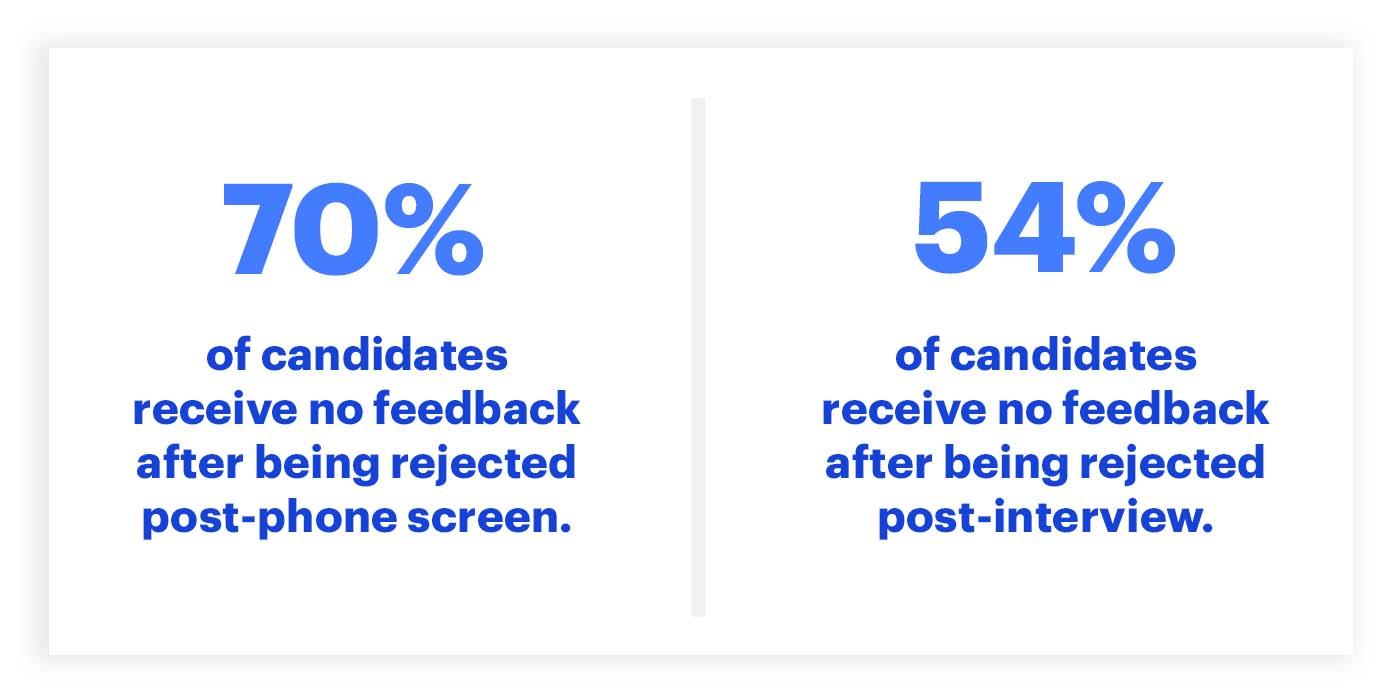
Candidate experience might be the most undervalued asset in the whole recruitment industry. Source: Gem.com
Start with a similar intro as the one before: "Hi Jane, I hope you are well. I am emailing you regarding the job process for the Digital Marketing role at X. Unfortunately, we won't be moving forward with your candidacy."
Now, again highlight the positives. If there are no positives in the hard skills side, take them from the soft skills: "We appreciate that you could be a great team player. The hiring manager had a great time chatting with you."
Then the difficult part, which is telling the candidate that they have been rejected because they were not good enough: "On the other hand, the company needs to be cautious with certain skills required for the role, which are essential given the current skill gap in that area. We liked you, but we think there is still some experience missing from your CV, particularly in terms of Paid Media and Data Analysis."
Then, as previously, you can leave a door open: "I know this might not be the email you were hoping for, but I hope you can take some positives from this process. If that’s okay with you, I would like to keep you in our database for future opportunities."
Finally, just appreciate the time the candidate put into the process: "Thanks again for your patience and collaboration; it was great meeting you. Kind regards."
Following is a template you can use and adapt for your own purposes.
Email template:
Subject: Feedback on Your Application for the [Job Title] Position
Hi [Candidate’s Name],
I hope you are well. I’m emailing you regarding the interview process for the [Job Title] role at [Company Name]. Unfortunately, we won't be moving forward with your candidacy at this time.
First, I want to thank you for taking the time to apply and meet with us. We appreciate that you could be a great team player. The hiring manager had a great time chatting with you.
However, the company would like to be cautious with certain skills that are required for the role, which are a must given that the company has a skill gap in that area. While we liked you, we believe there's still a certain level of experience that hasn't been met in your CV thus far in terms of [mention specific skills, e.g., Paid Media and Data Analysis].
I know this might not be the email you were waiting for, but I’m hoping that you can take some positives from this process. If that’s okay with you, I would like to keep you in our database for future opportunities.
Thanks again for your patience and collaboration; it was great meeting you.
Kind regards,
[Your Name]
[Your Position]
[Company Name]
Candidate lacks soft skills
When you need to give feedback because a candidate was yawning on the interview, didn't seem to show interest, was kind of disheveled, or didn't communicate well enough, that falls in the realm of the soft skills. All these are not necessarily solid reasons to reject someone as they are clearly things that can be improved or fixed.
But companies don't have the luxury of time to train someone on how to communicate, or present themselves, or be a team player. Companies rather move on if they see a red flag in a candidate.

The biggest no-no when you are an interview call. Source: Verywell health.
It's important to convey to the candidate that they need to elevate their "etiquette" in a tactful manner. The email should begin conventionally, with an introductory line expressing appreciation for their time. "Hi John, I hope you are well. I’m emailing you regarding the job process for the Product Manager role at Y. Unfortunately, we won't be moving forward with your candidacy."
Next, highlight the positive aspects of the candidate's CV, focusing primarily on their hard skills. "Your track record in delivering products is truly impressive, which aligns well with our expectations for this role. You are clearly a capable professional."
The challenging part begins now: How do you address concerns about the candidate's demeanor or presentation without causing offense or risking discriminatory implications? This is a delicate issue.
One possible approach could be: "However, there were aspects of your communication style that we felt did not fully meet our company's requirements for someone who needs to effectively interact with various departments. Additionally, the team didn't sense the level of enthusiasm for the role that would have propelled us to move forward."
It's prudent not to specify details like "yawning" or specific etiquette issues, as these could lead to disputes. Instead, it's better to provide a general assessment without delving into potentially contentious specifics.
As usual, conclude the email by leaving the door open for future opportunities and expressing gratitude for their time
Email template:
Subject: Feedback on Your Application for the [Job Title] Position
Hi [Candidate's Name],
I hope this message finds you well. I’m writing to discuss your application for the Product Manager role at Y. Unfortunately, after careful consideration, we have decided not to move forward with your candidacy.
Firstly, I want to acknowledge your impressive track record in delivering products, which demonstrates your strong capabilities as a professional in your field.
However, during the evaluation process, we observed aspects of your communication style that didn't align with our company's requirements for effective collaboration across departments. Additionally, the team didn't perceive the level of enthusiasm for the role that would have encouraged us to proceed further.
I understand this feedback may be disappointing. Please know that it is intended to provide insight into areas where further development could strengthen your future applications.
If you are open to it, I would like to keep your profile in our database for future opportunities that may align better with your skills and career goals. Thank you for your time and effort throughout the process.
Best regards, [Your Name]
Candidate was not ready for the interview
This one is also quite common. You have a promising candidate on paper, but then they get to the interview very unprepared, sometimes not even knowing what was the interview for. This is of course and obvious red flag, and a reason for rejection.
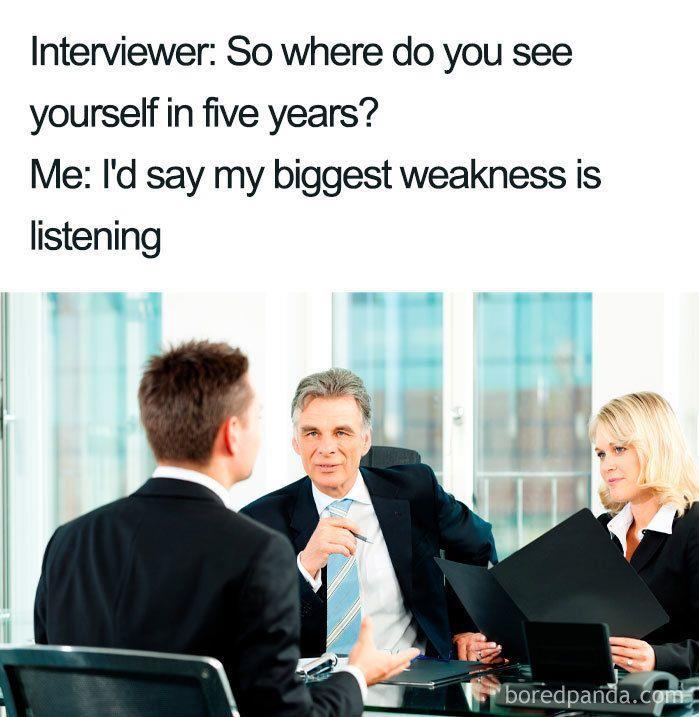
Candidates sometimes do a bad job at paying attention. Source: boredpanda
But one does not know all people's circumstances, and for some candidates this might be their first ever intrerview process, in a way, it might be a case of them simply not knowing the many interview best practices that are taken from granted by employers. So, it's still very useful to give feedback that helps the candidates improve.
As usual, start with the bad news followed by giving the candidate the highlights of their profile. Then, make sure that the candidate understands that what derailed their candidacy was just something that's easily fixable in the near future. In that case, you could go delicately to the point saying something along the lines of: "The client expected a more thorough knowledge of the business. Namely, there are questions that were easily solved just by doing a bit of research on their website, or even Google.
Also, they would have love to see that you've identified some problems on the website and ways you would fix them. Perhaps I should have been more clear to you in that point, but having a bit of preparation before the interview with the client, in terms of getting to know the company and their projects; the problems it might have you can potentially help solve, their core team and structure, and so on.
This should always put you in a good position in job interviews." You can be more specific in that case as it's almost guaranteed that the candidate will always be rejected if they doesn't go prepared to their next interview. You will be adding a lot of value for their next interview processes.
Feedback you should not give:
If you are going to give feedback, make sure that you add value to the life of the person who's at the other side. That means not saying a too generic advice, something that you could send to a 100 people and they couldn't tell if the message was really personal. However, when you send your feedback messages, make sure you don't use one of the following formulas.
"I don't know"
If you don't know why the candidate was rejected, saying "I'm afraid I don't know the reason you were rejected" it will always sound as if you know but you don't want to say. It can also sound as if you are not very professional, which in turn will reflect badly on the company.
Throw someone under the bus
That is another no-no. You should take ownership of the role of communicating the good and the bad news to the candidate. It's only fair as you have most likely been with them during the process. It's not very polite to then say "X and Y liked you, but Z wasn't keen on hiring you so eventually your candidacy fell".

Saying it's someone elses' fault that the candidate failed is not the best. Source: AdobeStock
Decisions like this are generally reasoned on a strategic level, so wether someone in the company said you wer not up for the job doesn't tell the whole story, and it's not fair to the person who gave away the information to you.
Any discriminating reason
This one should be quite obvious. If your company is really rejecting someone on the basis of religion, race, gender and so on, you should first address that internally. It is illegal to do so in Europe, the US and lots of other countries. Or if you are a recruiter working on behalf of a client, and you understand that this is the case with your client, and adress it likewise.
Having said that, sometimes companies communicate in not optimal ways about the requirements of a position. If you need someone with 1 year of experience in Marketing, you will likely receive CV from a young cohort of candidates. Perhaps there's the not-so-young candidate with more experience than is needed, but the reason for reject them cannot be "you are too old".
In general there's a lot of miscommunication in terms of what the client pictures as the perfect candidate, and the way the list of candidates is rejected or accepted. The requirements should be the base to actually justify a rejection or acceptance of a candidacy.
Conclusion
Providing constructive feedback after a job interview is crucial for both the candidate's growth and the company's reputation. Although it can be time-consuming and sometimes uncomfortable, delivering thoughtful feedback shows a commitment to professionalism and respect. It helps candidates understand their strengths and areas for improvement, which is invaluable for their future job searches.
For the company, it enhances employer branding by demonstrating transparency and care in the recruitment process. Feedback should be specific, balanced, and delivered promptly to ensure clarity and effectiveness. Avoid vague or discriminatory reasons for rejection, and always aim to leave the door open for future opportunities. By adopting these best practices, companies can significantly improve the overall candidate experience and contribute to a more respectful and supportive job market.
Prosperity
If you are seeking a job in digital or need assistance with your recruitment efforts, check out our website! https://www.prosperity.ie/
If you want to know more about the recruitment process at Prosperity get in touch!
Moreover, if you are looking for guidance on salaries, download our 2024 Salary Survey!


